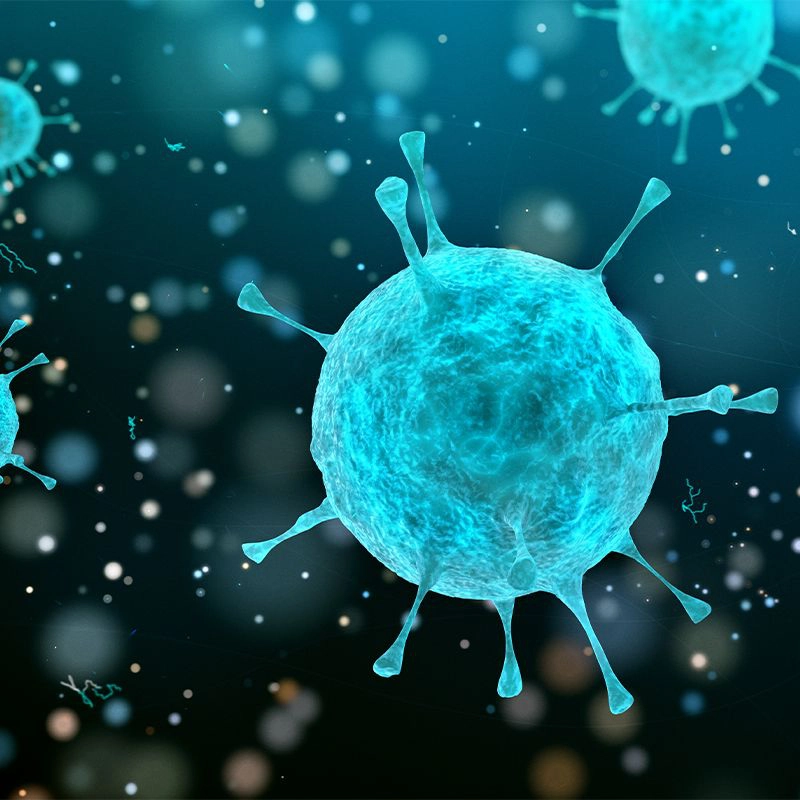Home/Wellness Zone/Sakra Blogs
30th Jan, 2020

Recently, there has been a rapidly emerging outbreak of Wuhan coronavirus which is affecting people of all age groups. As per WHO, the new virus is a coronavirus, a family of viruses including the common cold, including viruses including SARS and MERS. This coronavirus is particularly regarded as the “2019 novel coronavirus” or “2019-nCoV”, which is believed to be spreading partially among human-to-human contact.
In late December 2019, Chinese health authorities reported to the World Health Organization (WHO) that a group of cases of viral pneumonia. Many of the ill people in Wuhan, China, had contact with a seafood and animal market, although it has become clear that the virus can spread from person to person. However, in many nations, including the US, public health officials have put in place measures to help prevent further spread of the virus.
What are Coronaviruses?
Coronaviruses are a group of viruses that causes conditions ranging from the common cold to other upper throat infections. As per the medical survey, most coronaviruses are zoonosis, which means it is a disease that can be transmitted from humans to animals. This coronavirus can likely transmit to humans, specifically if certain mutations in the virus occur.
Most coronaviruses spread just the same way other cold-causing viruses do, including coughing and sneezing infected people, by touching the hands or faces of an infected person, or by touching things like door buttons that have been touched by infected people.
The different types of coronaviruses are:
1. 229E (alpha coronavirus)
2. NL63 (alpha coronavirus)
3. OC43 (beta coronavirus)
4. HKU1 (beta coronavirus)
5. MERS-CoV (Rare and more dangerous)
6. SARS-CoV (Rare and more dangerous)
Symptoms of Coronavirus:
The most common symptoms of coronavirus are cough, possibly with a fever and shortness of breath. Apart from this, other symptoms include a runny nose, vomiting, nausea, headache and sore throat. However, some people, particularly the very young, the elderly, or people with a weakened immune system can develop a more serious infection, like bronchitis or pneumonia.
If you are experiencing or unsure about any of these symptoms of coronavirus, it is better to seek medical help from your primary care doctor.
Diagnosis of Coronavirus:
Based on your condition, the diagnostic procedures to identify coronavirus are - complete assessment of medical history, physical exam, blood tests, lab tests of sputum, a sample from a throat swab, or other respiratory specimens etc are performed by the doctor.
There are no specific treatments discovered for diseases and conditions caused by a coronavirus in humans. Many people who are suffering from common human coronavirus disease will recover by themselves if precautions are taken at an early stage. However, one can follow the steps to relieve the symptoms caused by a coronavirus.
1. Take medication concerning your symptoms
2. Use a room humidifier or take a hot shower to help relieve a sore throat and cough
3. Avoid close contact with sick people
4. Drink plenty of fluids if you are mildly unwell
5. Stay at home and relax well
Currently, the spread of 2019-nCoV” or “Coronavirus”, and the speed of international travel, it is possible that the number of cases and deaths will continue to increase. Scientists are working hard to understand coronavirus, and Chinese health authorities have released their full genome in international repositories. So, for the patients with the symptoms related to coronavirus, specialized, intense treatment in an intensive care unit (ICU) can be lifesaving.
Enquire Now
